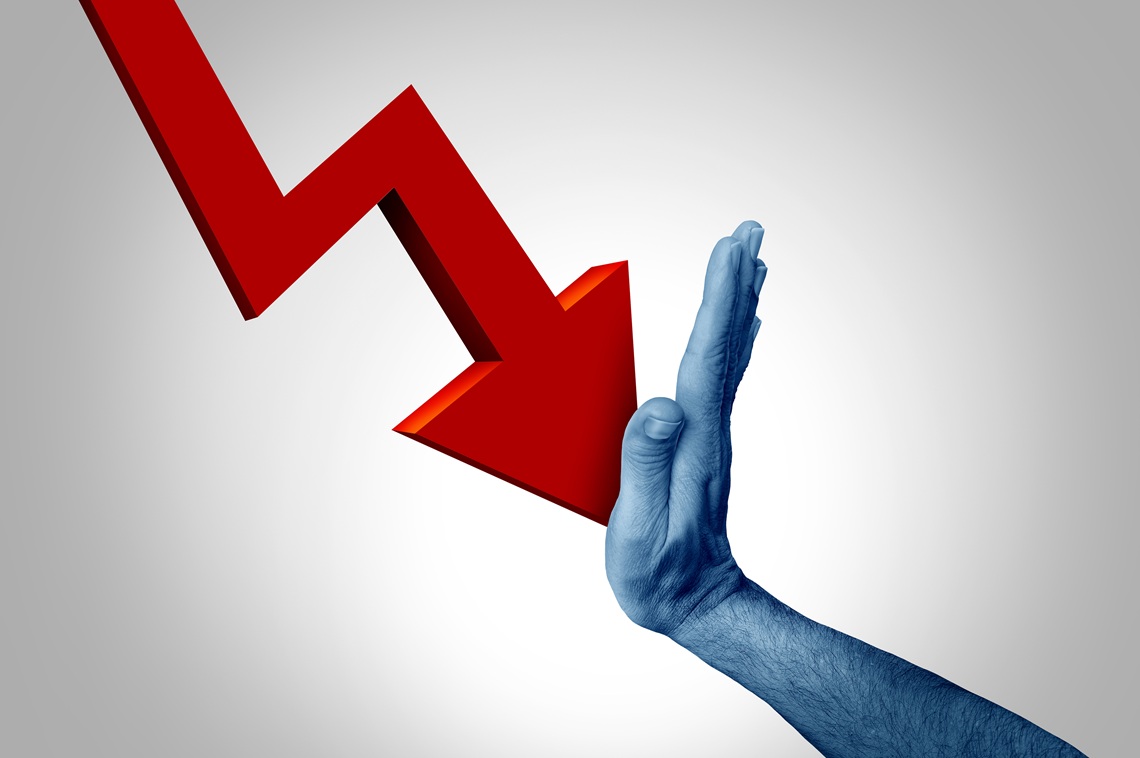April Consumer Sentiment Declines Sharply Amid Economic Concerns
Consumer sentiment in April exhibited a pronounced decline, affecting individuals across all political affiliations, as fears about potential challenges in various economic sectors loom large.
Key Metrics from the Index of Consumer Sentiment
According to the University of Michigan, the finalized Index of Consumer Sentiment for April is recorded at 52.2, reflecting a substantial decrease of 8.4% from March’s reading of 57. This marks an alarming 32.4% drop year-over-year compared to April 2024.
Breakdown of Economic Indicators
- Current Economic Conditions: The index stands at 59.8, down 6.3% from the previous month and 24.3% from the same time last year.
- Consumer Expectations: This index is at 47.3, indicating a 10.1% decline from March and a striking 37.8% decrease year-over-year.
Analysis by Survey of Consumers Director
Joanne Hsu, Director of the Survey of Consumers, shared her insights on the latest figures, citing, “Expectations have fallen a precipitous 32% since January, the steepest three-month percentage decline seen since the 1990 recession.”
She emphasized that while middle-income families experienced the brunt of this decline, consumer expectations deteriorated across various demographics, including age, education, and income levels.
Fears of Economic Stagnation
Hsu also noted that consumers predict weaker income growth in the upcoming year, a concern compounded by fears over inflationary trade policies leading to a possible scenario referred to as “stagflation-lite.”
Inflation Expectations Rise
The final readings for April reveal a notable uptick in inflation expectations, rising from 5% to 6.5%, the highest level recorded since 1981. This marks the fourth consecutive month of significant inflation expectations, each registering an increase of 0.5% or more.
Hsu explained, “Inflation expectations evolved with major trade policy announcements this month. After the April 9 partial pause in tariff increases, inflation expectations ebbed but remained substantially elevated relative to March.”
Long-term Inflation Expectations
Long-term inflation metrics also surged, increasing from 4.1% in March to 4.4% in April, with the rise attributed predominantly to political independents.
For further details and in-depth analysis, access the full report here.

